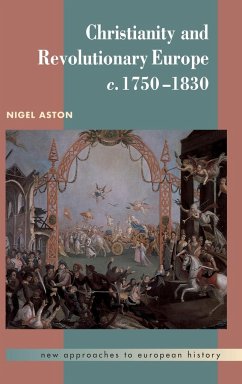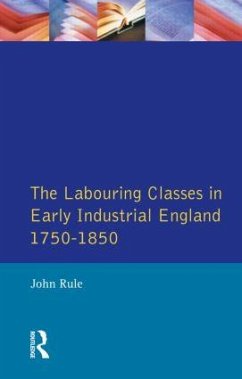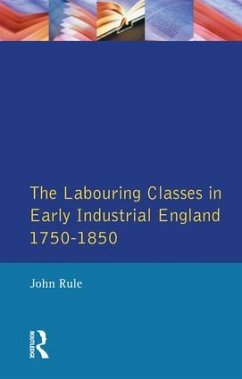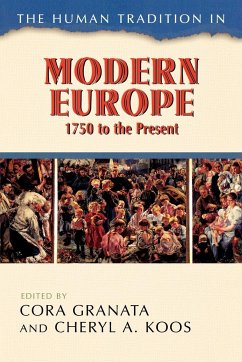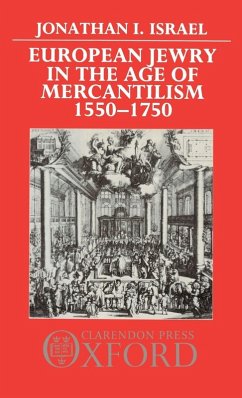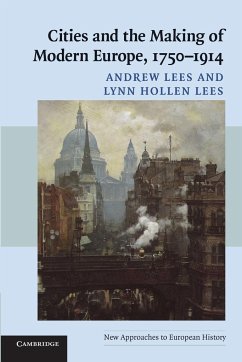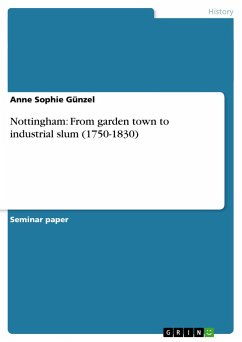
Nottingham: From garden town to industrial slum (1750-1830)

PAYBACK Punkte
0 °P sammeln!
Seminar paper from the year 2004 in the subject History Europe - Other Countries - Modern Times, Absolutism, Industrialization, grade: 70% in England und 1,0 in D, University of Nottingham (School of History), course: Advanced Seminar, language: English, abstract: 'The streets, houses, and market-place here broad, cleanly, and elegant.' Withthese words a German traveller described Nottingham in the early 1780s. In contrast tothis another contemporary stated only a decade later that,the streets are in general covered of the blackest kind, which sable hue isprincipally contracted from the dust o...
Seminar paper from the year 2004 in the subject History Europe - Other Countries - Modern Times, Absolutism, Industrialization, grade: 70% in England und 1,0 in D, University of Nottingham (School of History), course: Advanced Seminar, language: English, abstract: 'The streets, houses, and market-place here broad, cleanly, and elegant.' Withthese words a German traveller described Nottingham in the early 1780s. In contrast tothis another contemporary stated only a decade later that,the streets are in general covered of the blackest kind, which sable hue isprincipally contracted from the dust of coal carts; and on a rainy day the heads ofthe passengers are saluted with streams of water from long projecting spoutsissuing from the tops of the houses. The lighting and paving are articles whichalso require much improvement.It is obvious that during this time Nottingham experienced a considerable physicalchange, which transformed the elegant Georgian town of 1750 into a dirty and filthyindustrial slum by 1830. During that period Nottingham had considerable problems withits population and its housing situation and could only helplessly watch its own decline.Especially, after the refuse of the corporation to enclose the open spaces in 1787,Nottingham had no real ways to escape its disastrous situation.This essay will focus on the transformation of Nottingham during the period from1750 to 1830 when the town had first the standing of a garden town and then thereputation of one of the worst slum areas in the country. In particular, it will focus onthe population and the housing situation during that period. In addition to that, accountsof contemporaries who lived in or visited Nottingham will be mentioned to illustrate thechange within the town of Nottingham.This essay will firstly examine the conditions and circumstances of the populationand the housing situation in Nottingham when it was a garden town so from about 1750to 1790/1800. Then in the third chapter Nottingham's population growth and its changedhousing situation will be discussed during Nottingham's time as an industrial slum sofrom 1800 to 1830. In conclusion, the last chapter shall analyse the conditions of theyears after 1830. It will attempt to understand why, within eighty years from about 1750 to 1830,Nottingham changed its physical appearance so dramatically and which reasonscontributed to this transformation from a picturesque garden town to an filthy industrialslum. Furthermore, it should make clear the conditions of the population, especially theworking-classes who lived in the centre of Nottingham which became the slum area. Itshould make also clear that the people [...]




